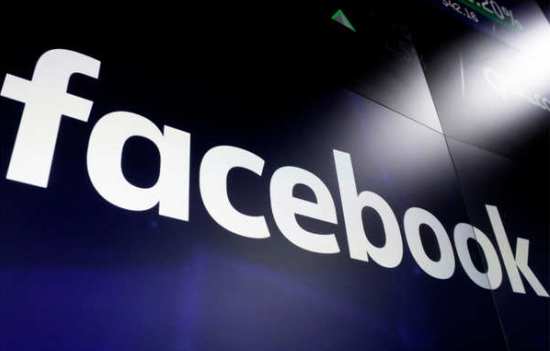LI NETWORK-
The Delhi assembly has told the Supreme Court that no coercive action has been taken against MD Ajit Mohan and Facebook India VP.
He was only summoned by its Peace and Harmony committee to appear as witness in connection with north east Delhi riots.
In an affidavit, filed in pursuant to a plea by Mohan and Facebook in the top court against the summons, the Delhi Assembly said that Mohan has not been issued any summons for breach of privilege.
The affidavit filed before the Supreme Court has clarified,
“No coercive action has been taken against the Petitioner No. 1 (Ajit Mohan) and none was intended if the Petitioner No. 1 merely attended and participated in the proceedings as a witness. It is also important to note that the proceedings are being conducted in most transparent manner with live broadcast and therefore there is no question of any apprehension in respect of the proceeding either by the Petitioner No. 1 or anyone else.”
Delhi government’s Peace & Harmony Committee had summoned Mohan as an expert witness to ascertain concerns pertaining to the use of Facebook for disseminating hateful content during this year’s Delhi Riots.
Summoned as an expert witness During the previous hearing, Senior Counsel Abhishek Manu Singhvi, appearing for the Delhi government, told the Court that Mohan was summoned as an expert witness without any threat of coercion.
This position is further elaborated in the affidavit, which says that the first summons had invited Mohan’s presence before the Committee for his response on certain issues pertaining to the use of Facebookduring the riots earlier this year.
However, in response to this first summons, another employee of Facebook wrote back to the Committee asking for the notice/summons to be withdrawn.
It is the Delhi government’s argument that the response received from a third party ought not have been entertatined by the Committee, which “went out of its way” to respond to the same with a detailed letter and fresh summons. It was this new notice that spoke of breach of privilege.
Elaborating the same, the affidavit says, “It was only at this stage, when the Petitioner No. 1(Mohan) had in effect refused to appear and instead sought to respond through some other entity that it was pointed out that non-appearance of Petitioner No. 1 before the Committee can potentially be treated as breach of privilege.”
Finally, the Delhi Assembly avers that in any case, the petitioner ought to have approached the Delhi High Court in the first instance, considering the fact that Article 32 jurisdiction of the Apex Court is limited to instances of violation of fundamental rights.

